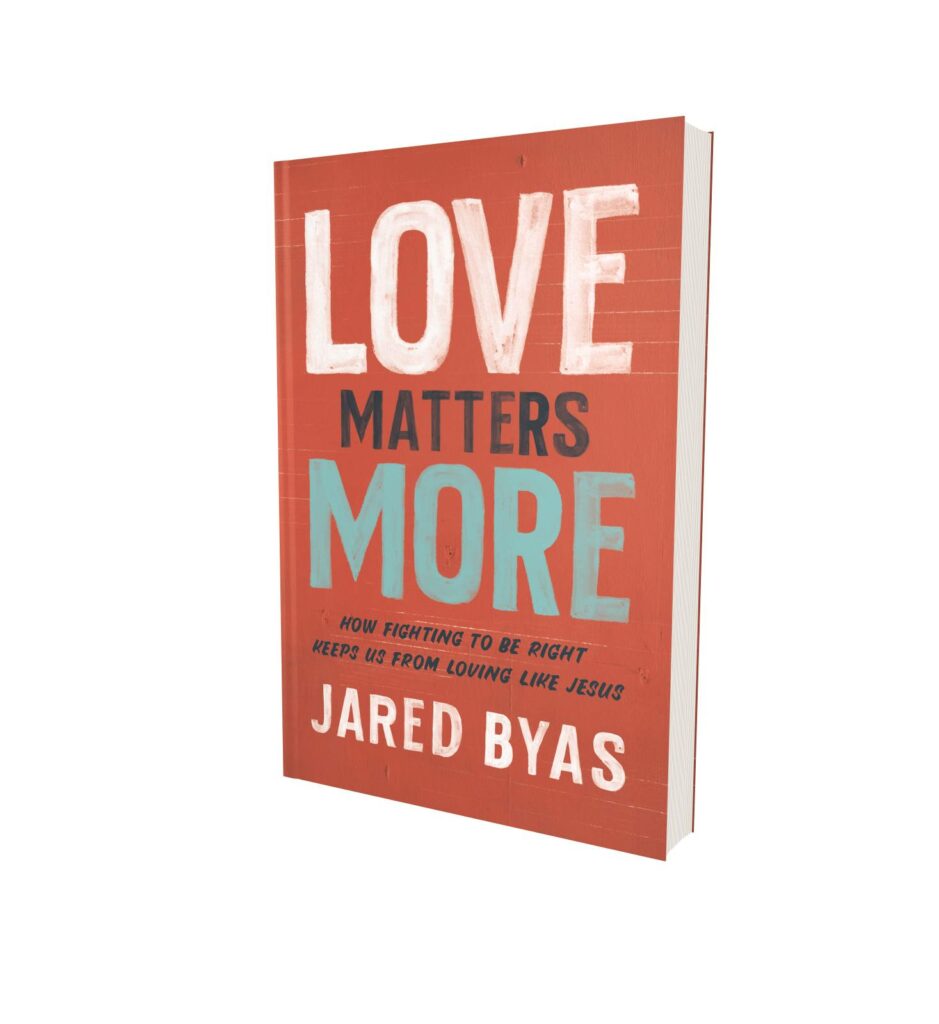I think we should stop using “You just pick and choose what you apply from the Bible” as an insult. Of course we do. Anyone who doesn’t follow the 613 commandments is picking and choosing. Sure, we have created sophisticated rules for why we follow some and not others, but it’s basically still picking and choosing. I would go so far as to say I think the Biblical writers want us to pick and choose. If you think the story of David is there as a moral tale to tell us to “be more like David,” you haven’t read enough about David. There ain’t enough context in the world to save that guy as a moral exemplar.
So, the question is no longer whether we pick and choose or whether we “follow the whole Bible.” The only question left is, “What are the criteria we are using for what, and more importantly, how, something from the Bible guides us?”
And this is no easy question. It is the question of 21st century American Christianity.
It requires something outside of the Bible to adjudicate how we read the Bible.
This is where Protestantism, and more specifically Evangelicalism, has cut off the ladder that it was climbing. We have spent the past few centuries decrying “Only the Bible!” only to realize much too late that, oops, we needed those other things to interpret the Bible rightly. Things like tradition, community, our own experiences, and the Spirit of God.
But because of a dozen or so generations of “Only the Bible!” we are very out of practice when it comes to listening to God through tradition, community, our own experiences, and the Spirit of God. It’s like we have been forced to run a marathon but haven’t gotten off the couch for a few hundred years.
So, where do we begin?
I would suggest two things.
First, we begin to learn and respect other things besides the Bible. How much do we know about the history of how other Christians have interpreted the Bible? How do Africans, Asians, women, the LGBTQ community, and the traditionally marginalized interpret the Bible? The Christian tradition is wide and deep and we can find much truth and grace in this great cloud of witnesses. Do we respect how our neighbors and community members see and experience the world? Are we listening to those who know more than us about science, psychology, history, and economics? Are we listening to our own experiences, our own emotions, our own bodies? And have we learned to listen, in the midst of all these sources, to discern the Spirit of God that is at work in our midst, always and already, outside of the Bible?
Unfortunately, these other sources of truth were not listened to or respected much in my tradition growing up so I have some catching up to do. I cannot stand on the shoulders of those who taught me so I have to hustle to find my way.
Second, we begin to let love be our guide. Or, as Jonathan Walton’s 2018 book suggests, we need to start picking and choosing how we read our Bible based on love. I know that sounds pretty simple but let’s not confuse simple with simplistic. It is simple as an answer. It is incredibly complex as a way of life.
We have quite the journey ahead of us to learn how to read the Bible through a lens of love. It’s even harder to embody that love in our family, neighborhood, online, and in our communities. What is the relationship between justice and grace? Between truth and love? Between conviction and compassion? When is standing up for the oppressed loving and when is it hateful? Can it be both? This love is a difficult task which is why I think it’s time we start turning our gaze to it and stay focused there. It’s time that we wrestle with love, struggle with it, and keep putting one foot in front of the other toward it.
I am no longer interested in arguing about the truth of the Bible but in inviting others into a conversation about the life of love that God calls us into and what tools we’ll need to get there.


